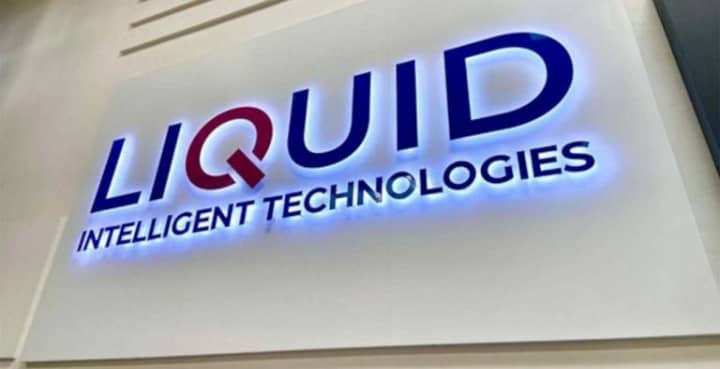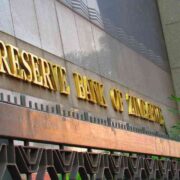Zimbabwe’s fixed Internet market continued its upward surge in the second quarter of 2025, with total traffic reaching 372.4 Petabytes (PB), according to the latest abridged sector performance report from the Postal and Telecommunications Regulatory Authority of Zimbabwe (POTRAZ).
Liquid Intelligent Technologies remained the clear market leader, handling 232.51PB, equivalent to a commanding 62.44% share of total fixed Internet traffic. This reaffirms Liquid’s position as the backbone of Zimbabwe’s data ecosystem, despite growing competition.
Satellite provider Starlink emerged as the second-largest player, moving rapidly up the charts with 83.94PB, giving it a significant 22.54% market share. Meanwhile, TelOne carried 30.99PB (8.32%), followed by Telecontract with 12.12PB (3.26%), Dandemutande at 6.90PB (1.85%), Africom at 4.51PB (1.21%), and DFA/African Fibre Networks at 1.43PB (0.38%).
POTRAZ noted that fixed Internet/data traffic is now a key indicator that will be reported consistently in future, reflecting the central role of digital connectivity in Zimbabwe’s economic growth.
The report also tracked developments in international Internet connectivity. Liquid again led the market with 78.98% of equipped international bandwidth capacity in Q2 2025, though this was a slight dip from 80.20% in Q1. TelOne followed at 13.39%, while Powertel and Dandemutande gained ground, rising to 4.60% and 2.81% respectively.
The figures point to both opportunity and shifting competition in the broadband market. Starlink’s 22.54% share in just one quarter underscores the growing appetite for satellite-powered connectivity, particularly in areas underserved by fibre networks.
At the same time, Liquid’s continued dominance demonstrates its entrenched infrastructure and investment capacity in both local and international connectivity.
As Zimbabwe’s data consumption deepens across business, education, e-commerce, and entertainment, sector players are expected to accelerate infrastructure rollouts. Regulators will also face the task of balancing innovation with fair competition as new technologies reshape the digital economy.














Comments